This year’s HSE University Competition for Faculty Positions has now begun at the university’s campuses in Moscow, St Petersburg, Nizhny Novgorod, and Perm. Applicants to the competition must select their preferred career trajectory (Academic, Teaching and Methodological, or Professional) and provide supporting information in the competition form.


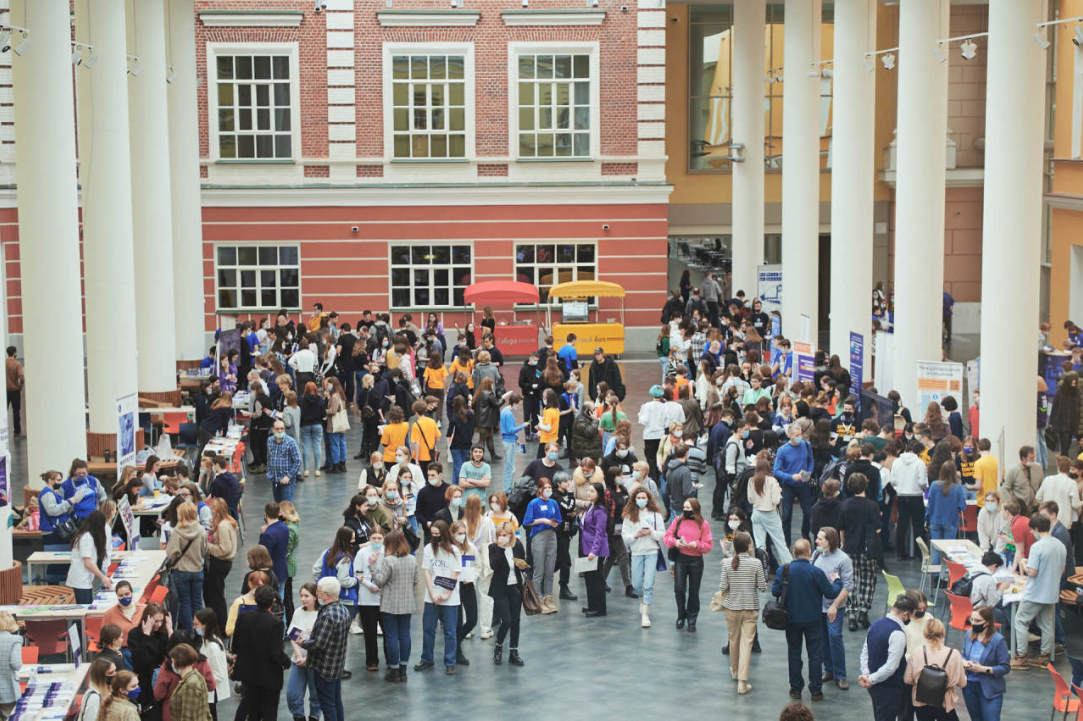
.jpg)


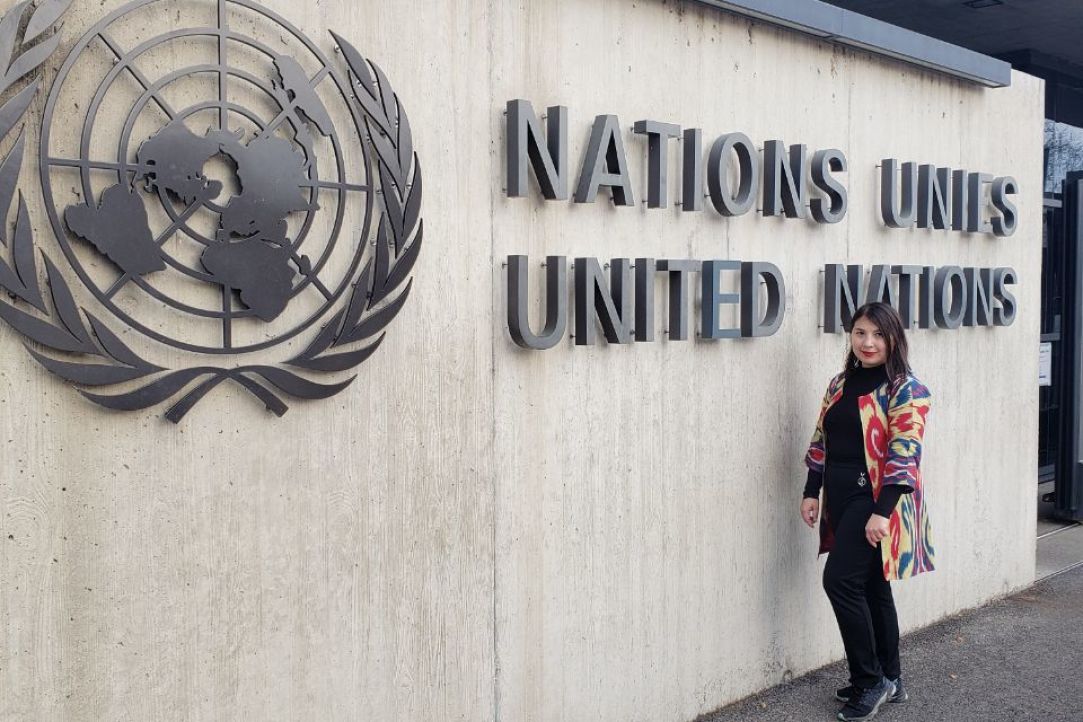
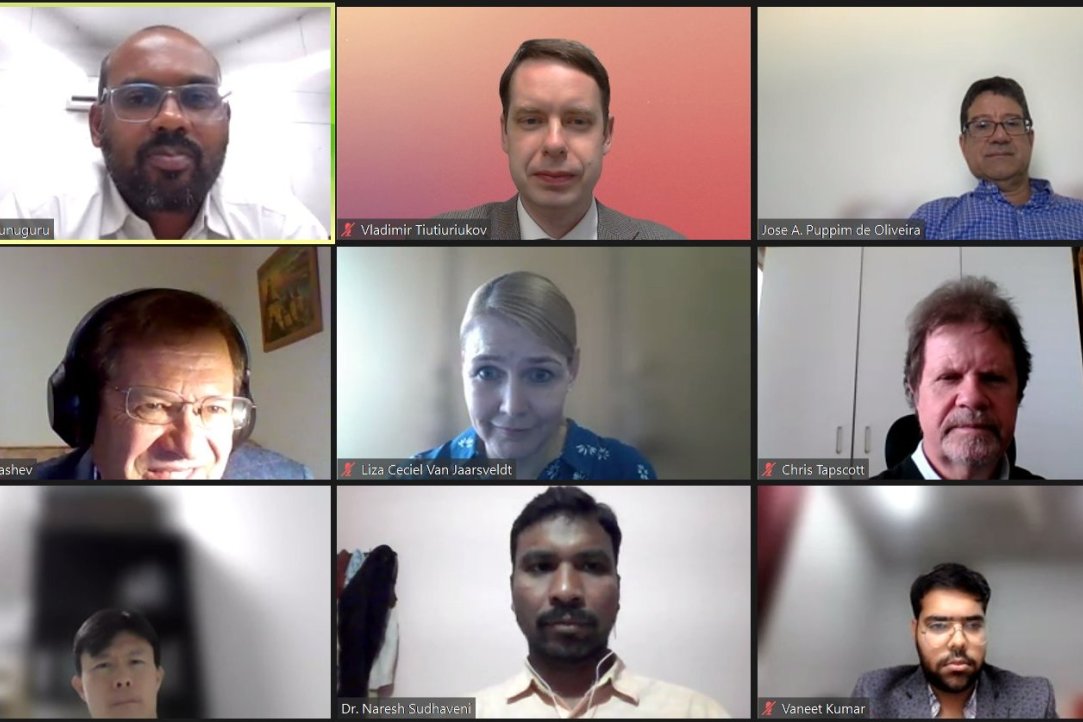
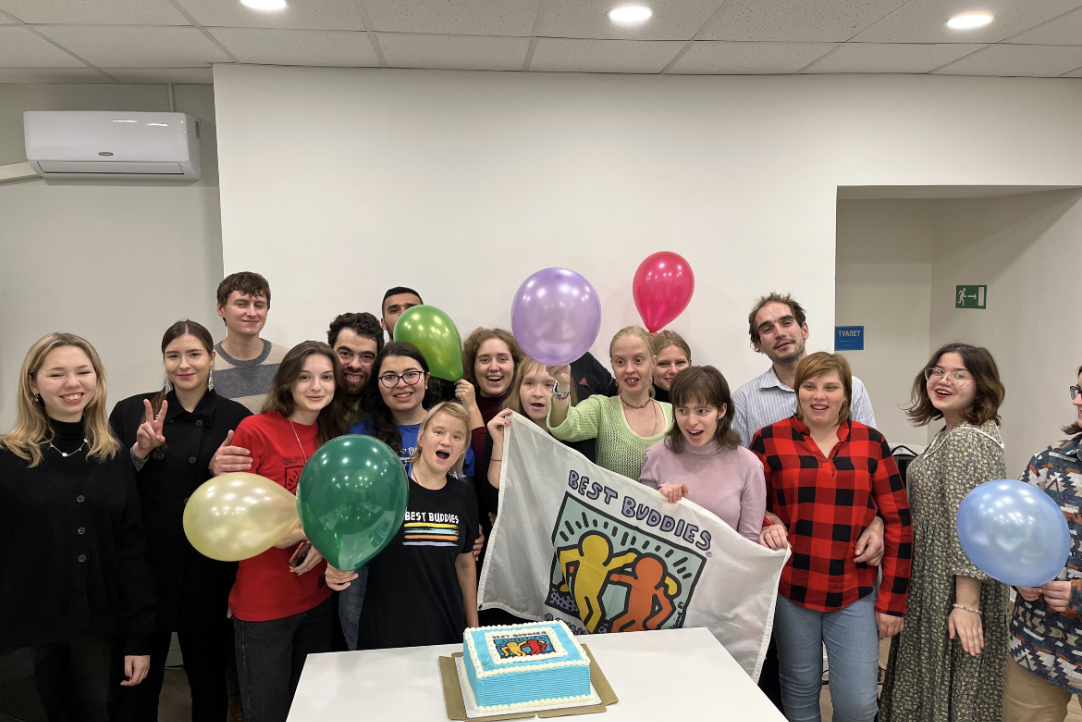
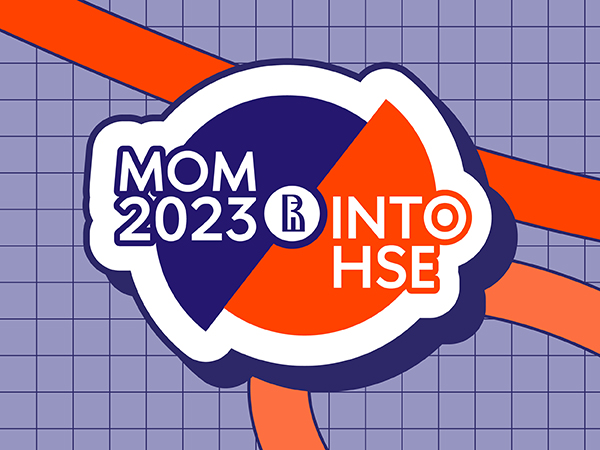
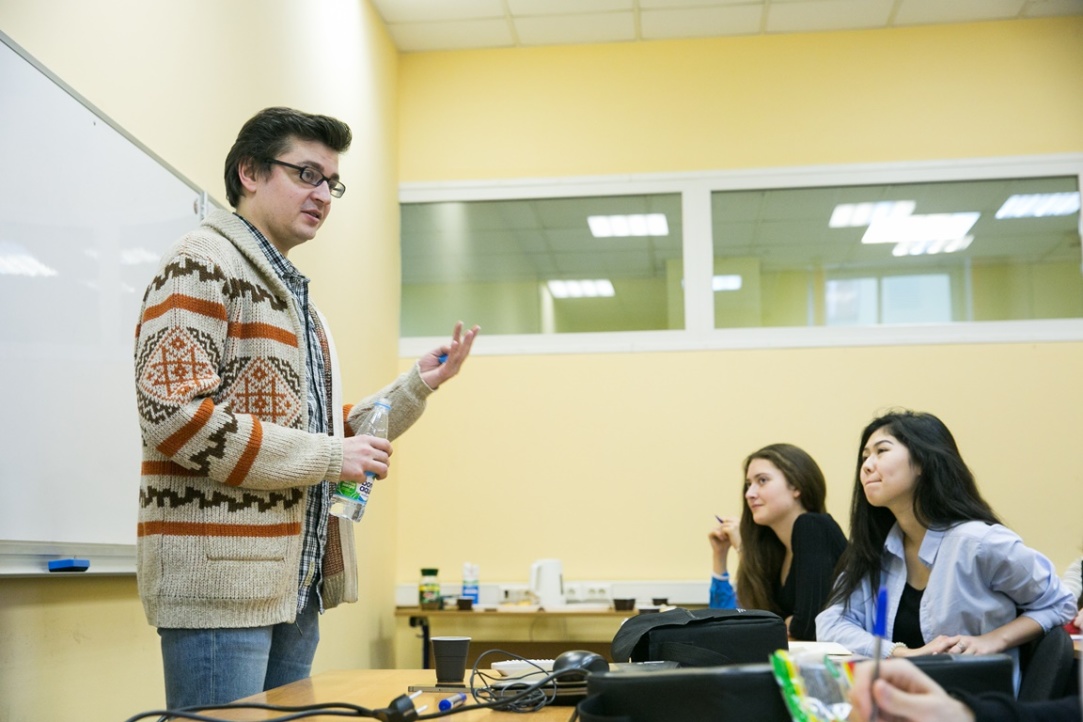


.jpg)






